Cats are often seen as solitary creatures, but those who have shared their lives with these fascinating animals know that they can form deep bonds with both humans and other animals. When a cat loses a bonded companion, it can be an emotional rollercoaster for the feline, filled with confusion, sadness, and even depression. Have you ever wondered what really goes on in the mind of a grieving cat? Let’s delve into this touching subject and explore the emotional journey a cat may experience when it loses its beloved friend.
Understanding the Bond Between Cats
Cats are known for their independent nature, yet they can form incredibly strong bonds with other cats. These connections can be likened to human friendships, where they engage in grooming, playing, and even sleeping together. The bond they share is built on trust and companionship, providing emotional support to one another. This connection is not just about proximity but about a genuine emotional attachment. It’s a relationship that thrives on shared experiences and mutual understanding, much like two best friends who have grown up together.
Recognizing the Signs of Grief in Cats
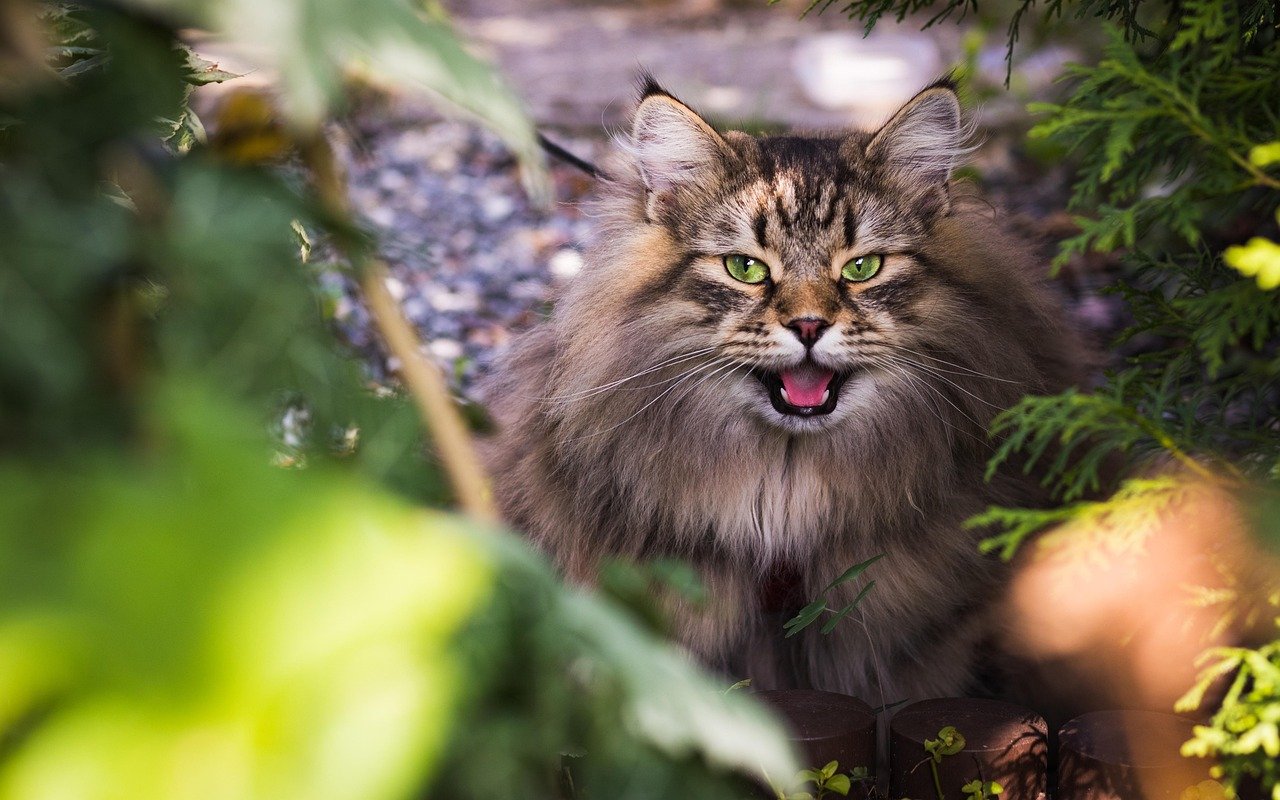
When a cat loses a bonded companion, it may exhibit signs of grief that are surprisingly similar to human mourning. You might notice changes in behavior such as decreased appetite, increased vocalization, or withdrawal from social interaction. These signs are a cat’s way of expressing the loss and confusion it feels. Cats may also spend time searching for their missing friend, wandering around the house or sitting in places they used to share. This behavior is a poignant reminder of the deep connection they had, and it speaks volumes about the emotional depth of our feline friends.
The Role of Routine in a Cat’s Life
Cats thrive on routine, and the loss of a companion can disrupt their daily life. A bonded companion often plays a significant role in a cat’s routine, from shared meals to synchronized naps. The absence of a friend can leave a void in this structured life, leading to increased stress and anxiety. Maintaining a regular routine can help ease a grieving cat’s transition, providing a sense of stability in a world that suddenly feels unfamiliar.
The Impact of Loneliness
Loneliness can be a silent but powerful emotion for a cat that has lost its companion. The once lively home may now feel empty, and the cat may seek comfort in familiar scents and sounds. Loneliness can lead to behavioral changes such as increased clinginess or, conversely, withdrawal. It’s essential to provide extra attention and affection during this time, reassuring your cat that it is not alone and that it is still loved and cherished.
Helping Your Cat Cope with Loss
Supporting a grieving cat requires patience and empathy. Providing comfort through gentle petting, engaging in interactive play, and offering favorite treats can help alleviate some of the emotional pain. Creating a safe and comforting environment where the cat feels secure can make a significant difference. It’s about being there, offering a listening ear and a comforting presence, much like you would for a human friend going through a difficult time.
Understanding the Importance of Time
Time is a crucial element in the healing process, and cats, like humans, need time to grieve. While some cats may recover quickly, others may take weeks or even months to adjust to their new reality. It’s important to respect their grieving process and allow them the space to heal at their own pace. Rushing the process can lead to further stress and anxiety, so patience and understanding are key.
The Role of a New Companion
Introducing a new companion can be a delicate decision. While some cats may benefit from the company of a new friend, others may not be ready to accept another cat into their lives. It’s crucial to assess your cat’s readiness and personality before making this decision. A gradual introduction, allowing the cat to set the pace, can help foster a new bond without causing additional stress or resentment.
Recognizing Depression in Cats
In some cases, a grieving cat may experience depression, characterized by lethargy, loss of appetite, and decreased interest in activities it once enjoyed. Recognizing these signs early and seeking veterinary advice can prevent the situation from worsening. Depression in cats is a serious concern and requires attention and care to ensure the cat’s well-being and emotional recovery.
The Healing Power of Play
Play can be a therapeutic tool for a grieving cat, providing a distraction from its sadness and an outlet for pent-up energy. Engaging in interactive play can stimulate a cat’s mind and body, encouraging a return to normalcy. Whether it’s chasing a feather toy or batting at a string, play can reignite a cat’s natural curiosity and zest for life, providing a much-needed respite from its emotional turmoil.
Nutritional Support During Grieving
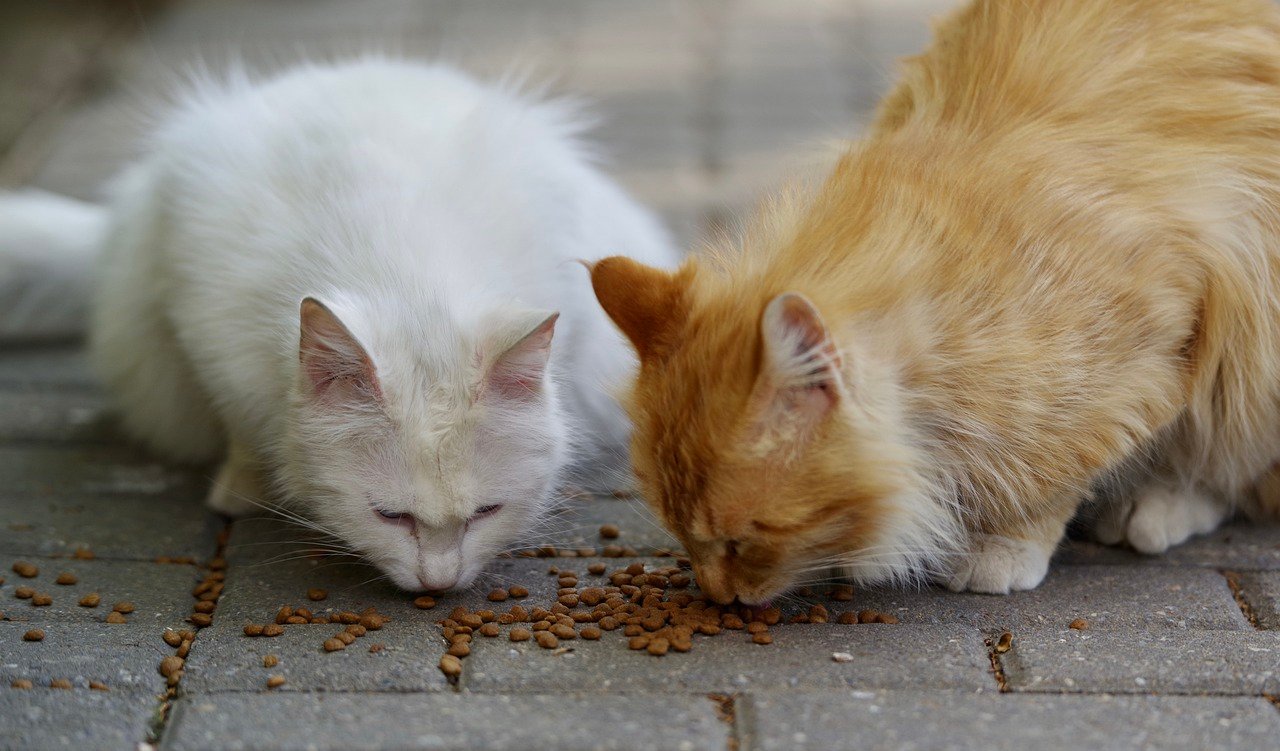
A cat’s diet can be affected by grief, leading to weight loss or a lack of interest in food. Offering nutritional support through high-quality, palatable meals can encourage eating and maintain health. Sometimes, offering a favorite treat or a special meal can entice a grieving cat to eat, providing the energy and nutrients it needs to cope with its emotions.
The Comfort of Familiar Scents
Cats have a keen sense of smell, and familiar scents can provide comfort during times of loss. Keeping items that carry the scent of the lost companion, such as bedding or toys, can offer a sense of security. These scents serve as a reminder of the bond they shared, offering solace and a connection to the past that can be soothing during the grieving process.
Understanding Behavioral Changes
Behavioral changes are common in grieving cats and can manifest in various ways, from increased aggression to excessive grooming. Understanding these changes as a normal part of the grieving process can help in addressing them effectively. Providing a calm and supportive environment can help mitigate these behaviors, allowing the cat to express its emotions safely.
The Role of Human Companionship
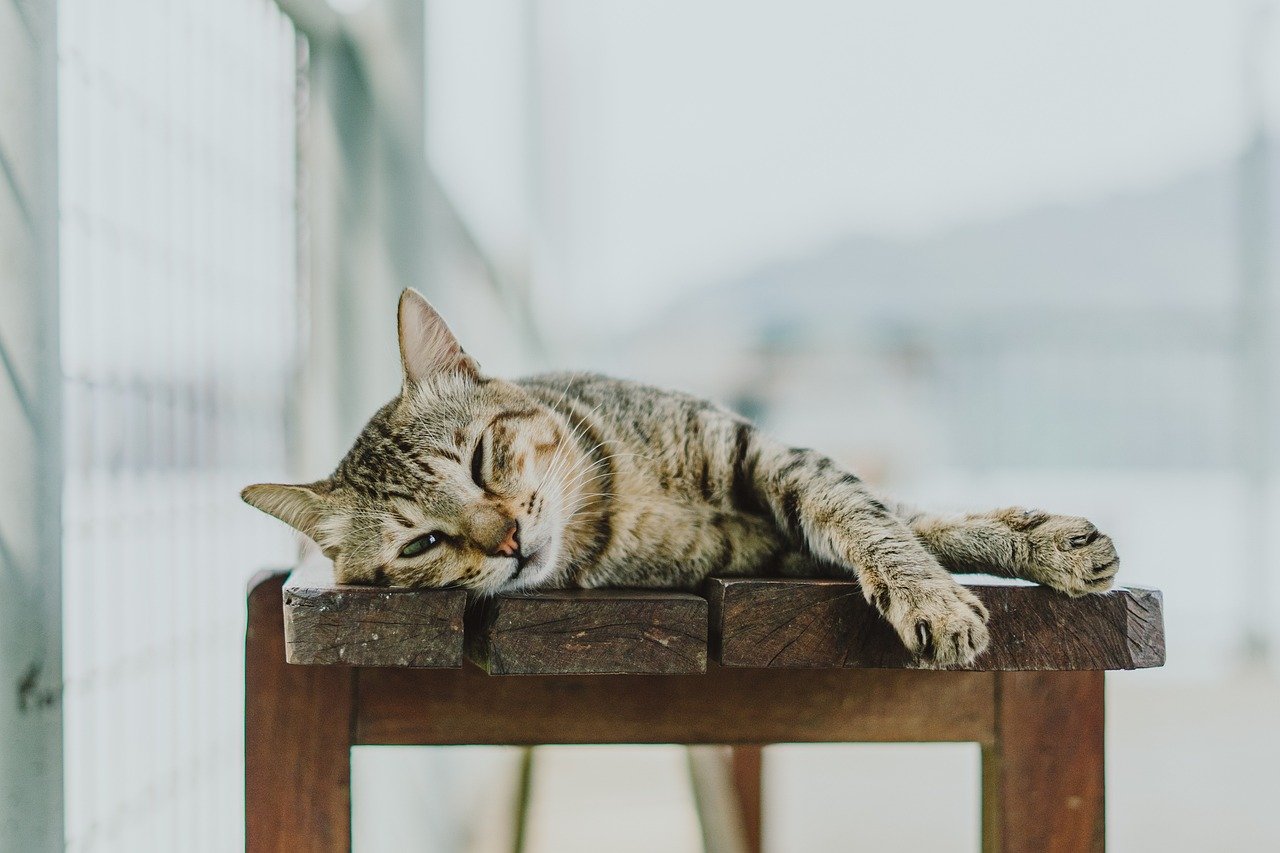
Human companionship becomes even more vital for a grieving cat. Spending quality time together, offering gentle affection, and simply being present can provide the emotional support a cat needs. Your presence can reassure the cat that it is not alone, fostering a sense of security and love that can aid in its emotional recovery.
The Importance of Observation
Observing your cat’s behavior and emotional state is crucial in understanding its needs during the grieving process. Paying attention to changes in appetite, activity levels, and social interactions can provide valuable insights into how your cat is coping. This awareness allows for timely intervention and support, ensuring that the cat receives the care it needs.
The Value of Veterinary Support
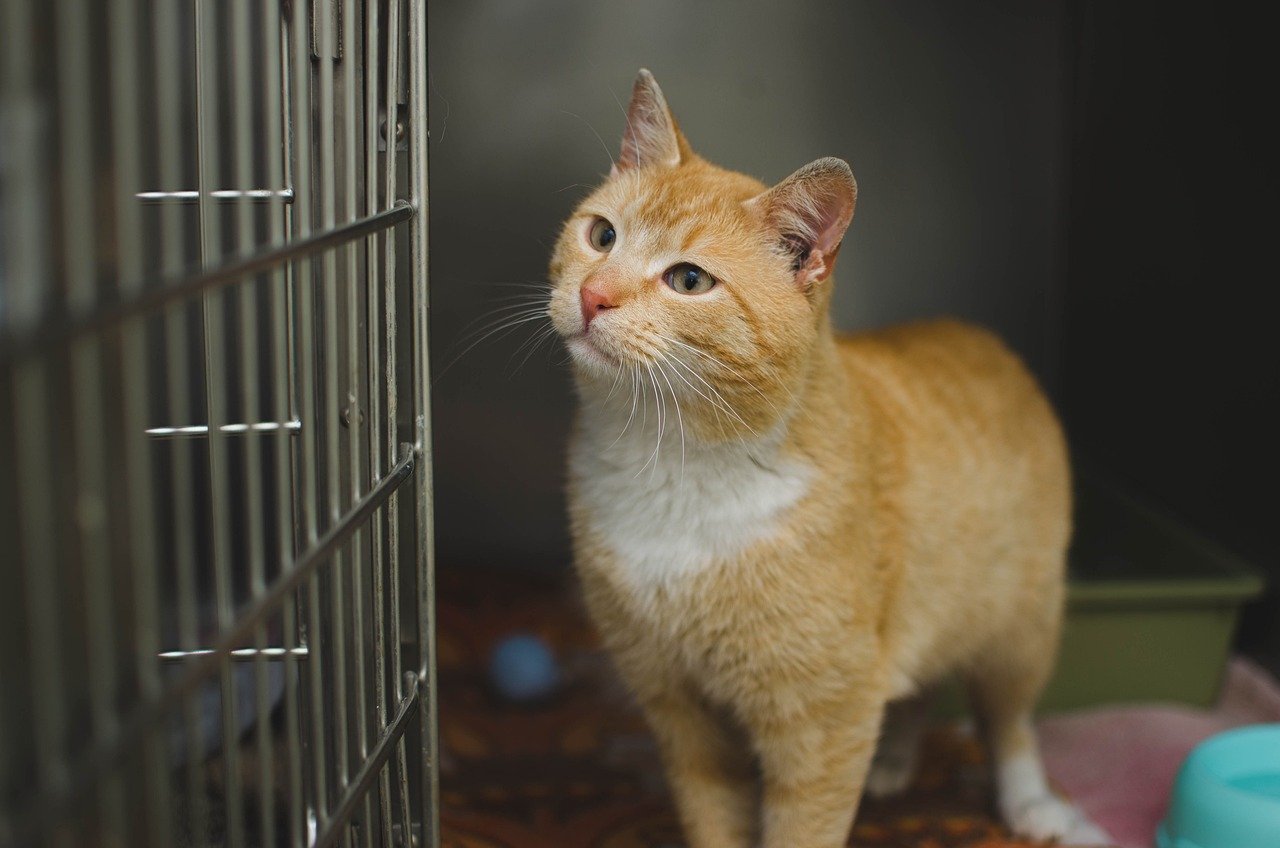
Veterinary support can be invaluable in helping a grieving cat. A veterinarian can offer advice on managing behavioral changes, nutritional support, and even medications if necessary. Seeking professional guidance ensures that the cat’s physical and emotional health is monitored and maintained, providing peace of mind for both the cat and its human companion.
The Healing Journey
The journey of healing from the loss of a bonded companion is unique for each cat. It’s a path filled with ups and downs, progress and setbacks, but ultimately, it’s a journey towards acceptance and recovery. Understanding and supporting your cat through this process is a testament to the bond you share, a bond that transcends the loss and continues to grow stronger.
The Emotional Resilience of Cats
Cats are remarkably resilient creatures, capable of adapting to change and overcoming adversity. While the loss of a companion is a significant emotional challenge, many cats eventually find their way back to a place of contentment and joy. Their ability to heal and move forward is a testament to their strength and the enduring power of love and companionship.
The Legacy of a Lost Companion
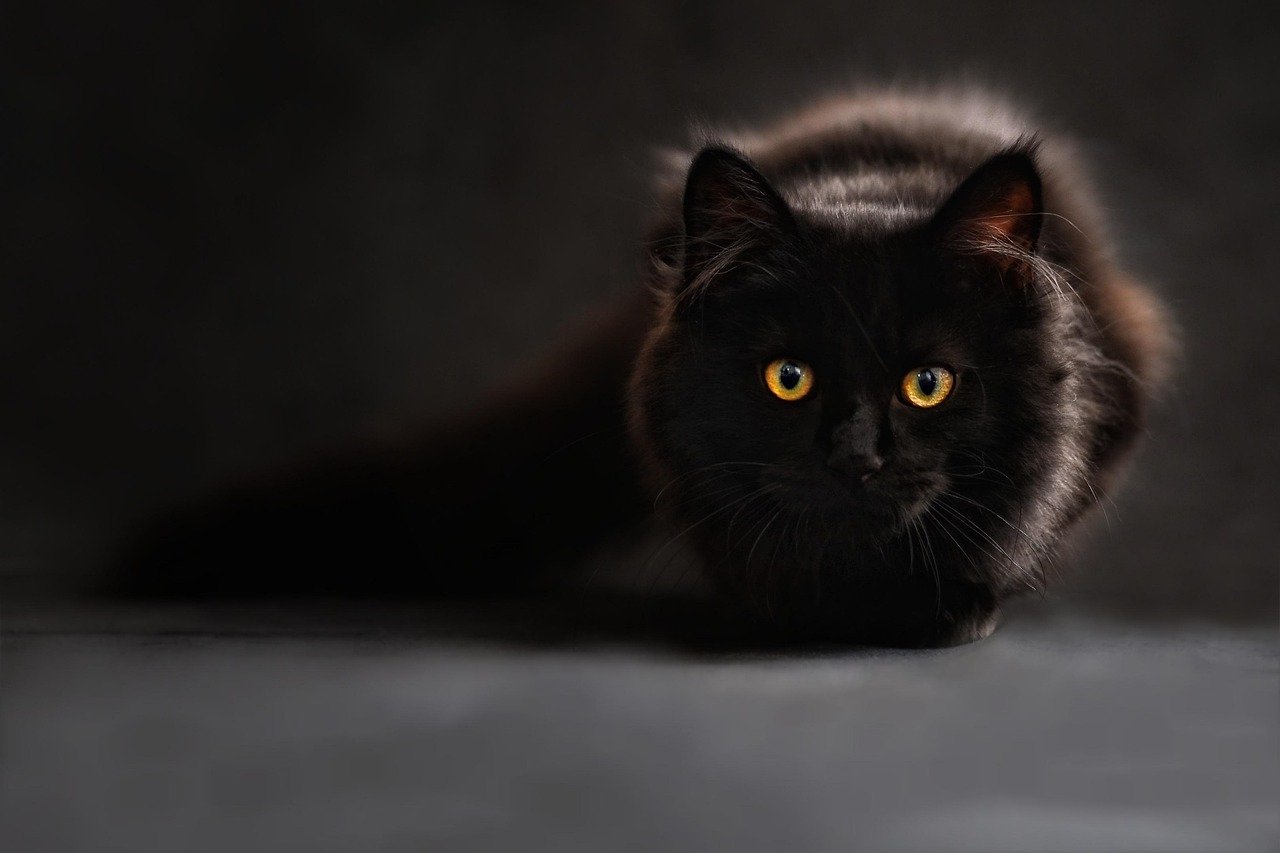
The memory of a lost companion lives on in the heart of a grieving cat. It’s a legacy of love, friendship, and shared experiences that continue to shape the cat’s life. This legacy is a reminder of the bond they shared, a bond that, while altered by loss, remains a cherished part of the cat’s world.
Embracing the Future
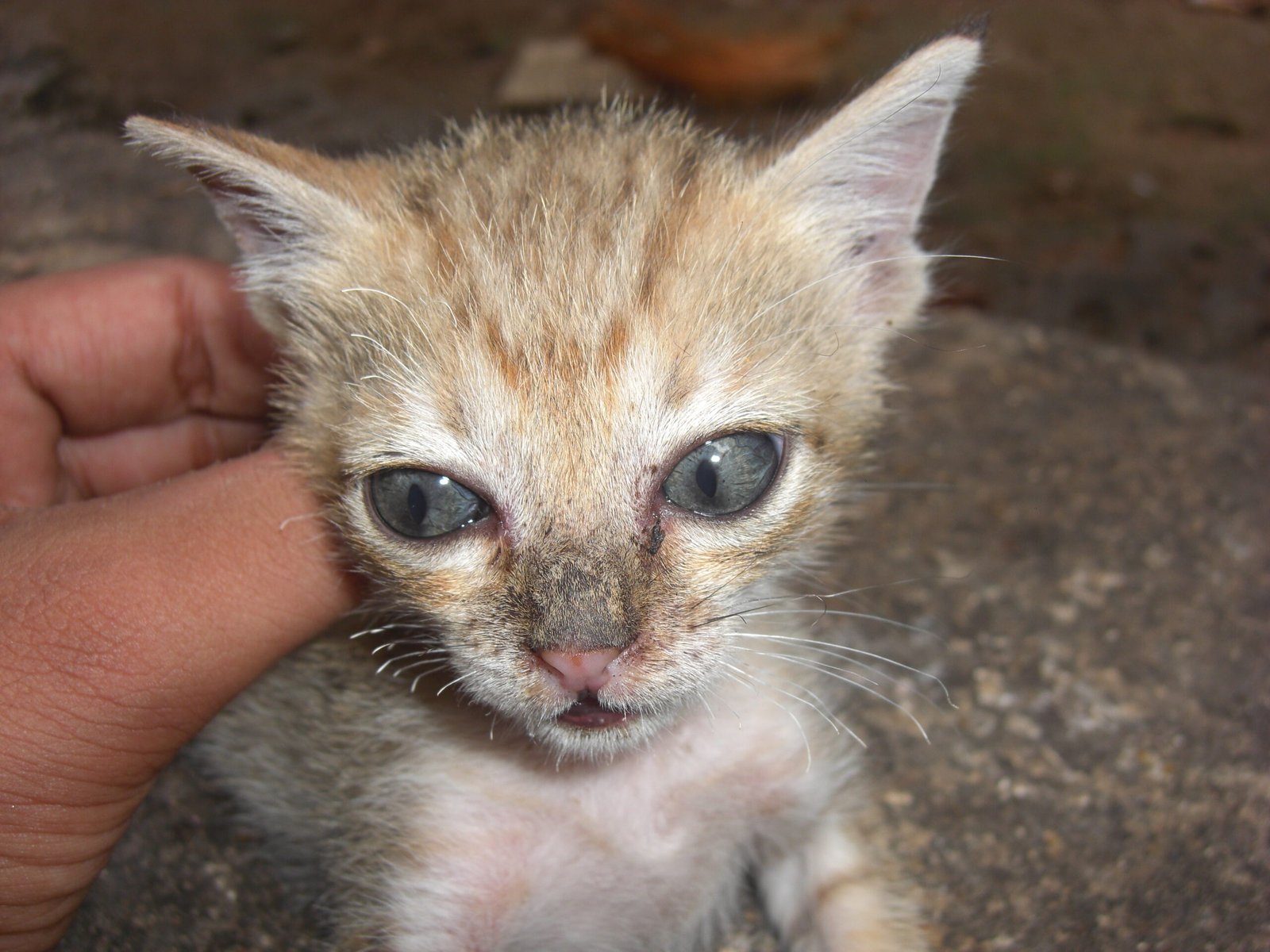
Embracing the future after the loss of a bonded companion is a journey of healing and growth. It’s about finding new ways to connect, love, and live, while honoring the memory of the one who has passed. With time, patience, and love, both you and your cat can find joy and companionship once more, creating new memories and bonds that enrich your lives.
In the end, the loss of a bonded companion is a profound experience, not just for humans but for cats as well. It’s a journey of emotions, healing, and ultimately, love. As you support your cat through this difficult time, remember that your presence, understanding, and compassion are the greatest gifts you can offer. Together, you can navigate the path of grief and find solace in the enduring bond you share.
Hi, I’m Bola, a passionate writer and creative strategist with a knack for crafting compelling content that educates, inspires, and connects. Over the years, I’ve honed my skills across various writing fields, including content creation, copywriting, online course development, and video scriptwriting.
When I’m not at my desk, you’ll find me exploring new ideas, reading books, or brainstorming creative ways to solve challenges. I believe that words have the power to transform, and I’m here to help you leverage that power for success.
Thanks for stopping by, Keep coming to this website to checkout new articles form me. You’d always love it!






